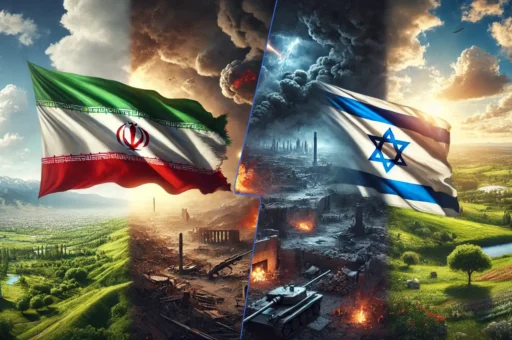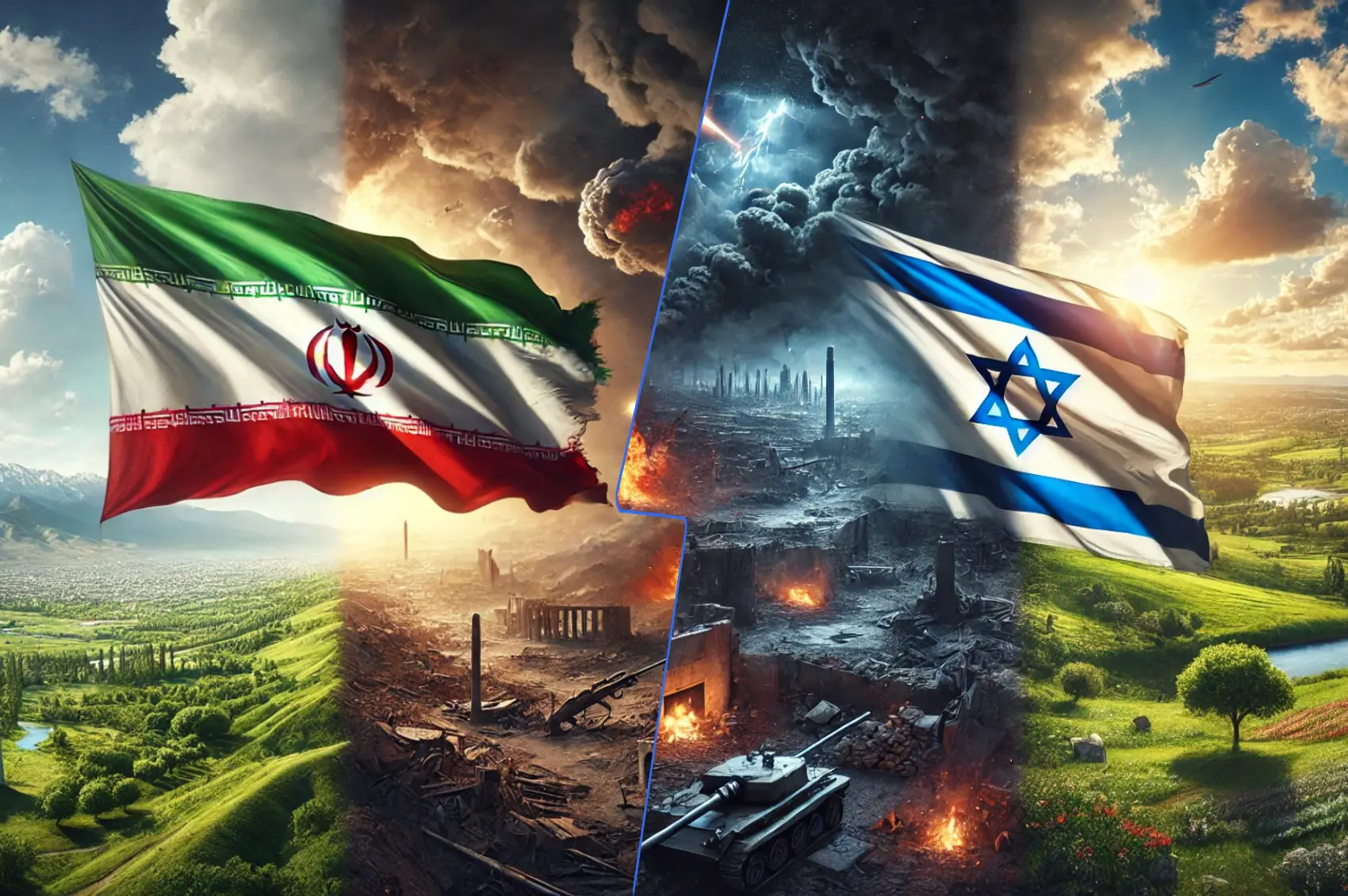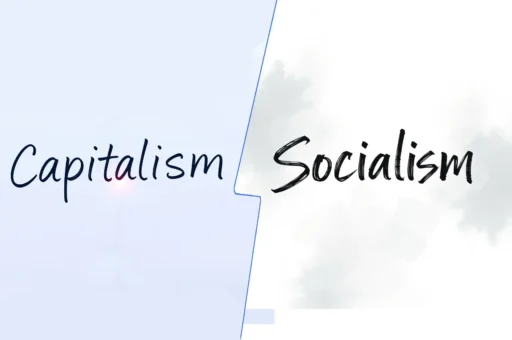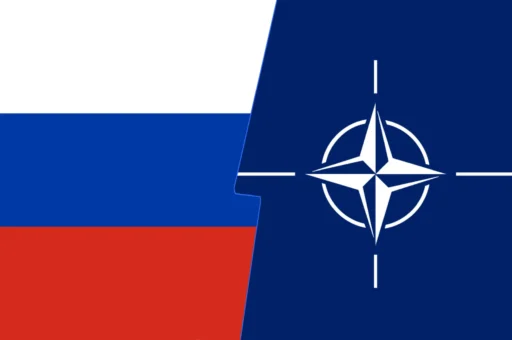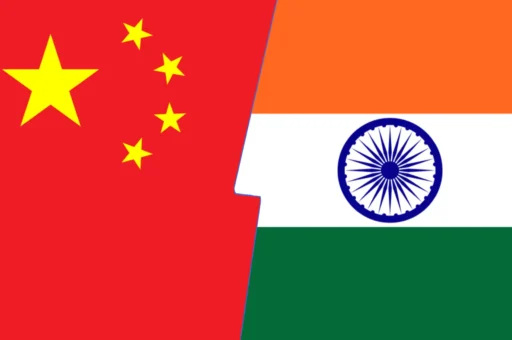Introduction
Iran and Israel are two of the most prominent and influential countries in the Middle East, yet they have a long history of tension and conflict. These tensions have significant implications not only for the region but also for global geopolitics. This article explores the historical backgrounds, political landscapes, and potential impacts of the ongoing conflict between Iran and Israel.
Overview of Iran and Israel
Iran
Iran, known as Persia until 1935, is one of the oldest civilizations in the world. Its modern state was founded in 1979 following the Iranian Revolution, which established an Islamic Republic under Ayatollah Khomeini. Iran’s population is approximately 88 million, and its official religion is Islam, with the majority being Shia Muslims. The country has a complex political system that combines theocratic and democratic elements, with a supreme leader holding significant power.
Israel
Israel, established in 1948, is a relatively young nation but holds deep historical and religious significance. It was founded as a homeland for the Jewish people following the atrocities of the Holocaust during World War II. Israel’s population is around 9.2 million, with Judaism as its state religion. The country operates as a parliamentary democracy, with a president as the head of state and a prime minister as the head of government.
Historical Background and Relations
Iran
Founding and Constitution
Iran’s current political structure was established in 1979, after the overthrow of the Shah, leading to the formation of an Islamic Republic. Its constitution, adopted in the same year, combines elements of Islamic law with republican principles. The supreme leader, currently Ayatollah Ali Khamenei, has the ultimate authority over all state matters.
Alliances and Enemies
Iran has close ties with Russia and China, which are its main allies on the global stage. It also maintains relationships with several Middle Eastern countries, including Syria and Lebanon, mainly through its support for Hezbollah. However, Iran has significant enmity with the United States, Israel, and several Gulf states, particularly Saudi Arabia.
Relations with Major Powers
- USA: Relations have been adversarial since the 1979 hostage crisis, with ongoing tensions over Iran’s nuclear program.
- China: Iran views China as a key economic partner, especially through the Belt and Road Initiative.
- India: Relations are generally positive, with cooperation in energy and infrastructure, but strained by Iran’s stance on Israel.
- Russia: A key ally, especially in military and geopolitical terms, with cooperation in Syria and defense.
- Europe: Relations are mixed, with economic ties but tensions over human rights and nuclear activities.
Israel
Founding and Constitution
Israel was founded in 1948, following the United Nations’ partition plan for Palestine. It operates under a parliamentary democracy, with a constitution that blends democratic principles with Jewish laws and traditions. Israel’s founding was marked by the Arab-Israeli War, which set the stage for its complex relations with its neighbors.
Alliances and Enemies
Israel’s primary ally is the United States, which provides substantial military and economic support. Israel also maintains good relations with many European countries and has been improving ties with Arab states through the Abraham Accords. However, it faces significant hostility from several Middle Eastern countries, particularly Iran, and non-state actors like Hezbollah and Hamas.
Relations with Major Powers
- USA: Israel’s closest ally, providing extensive military and financial support.
- China: Israel has growing economic ties with China, though there are concerns about security implications.
- India: Strong relations, particularly in defense and technology, with mutual interests in counterterrorism.
- Russia: Complex relationship, with cooperation in some areas but divergent views on Syria and Iran.
- Europe: Generally positive relations, with strong trade links and shared values, but occasional tensions over settlements and Palestinian issues.
Tensions and Potential for Conflict
Why Iran and Israel Are in Conflict
Iran and Israel have been at odds due to a combination of ideological, religious, and geopolitical factors. Iran’s Islamic regime does not recognize Israel’s right to exist, viewing it as an illegitimate state. Iran’s support for anti-Israel groups like Hezbollah and Hamas further exacerbates tensions. Additionally, Iran’s pursuit of nuclear capabilities is seen by Israel as an existential threat, leading to repeated Israeli calls for international intervention or military action if necessary.
Why Israel Sees Iran as a Threat
Israel views Iran’s rhetoric and actions as direct threats to its national security. Iran’s support for armed groups in Lebanon and Gaza, coupled with its military presence in Syria, brings the conflict close to Israel’s borders. Israel has conducted numerous airstrikes on Iranian targets in Syria to curb Iran’s influence and prevent the transfer of advanced weapons to Hezbollah. Furthermore, the possibility of Iran acquiring nuclear weapons is seen by Israel as a red line that could lead to preemptive military action.
Numbers and Statistics
Wars and Conflicts
- Iran: Engaged in the Iran-Iraq War (1980-1988), Syrian Civil War (supporting Assad), and proxy conflicts in Yemen and Lebanon.
- Israel: Participated in the Arab-Israeli Wars (1948, 1956, 1967, 1973), Lebanon Wars, Gaza conflicts, and ongoing skirmishes with Hezbollah and Hamas.
Military Spending
- Iran: Estimated annual defense budget of around $20 billion.
- Israel: Estimated annual defense budget of approximately $24 billion.
Weaponry and Military Strength
- Iran: Extensive missile program, large standing army, and proxy militias like Hezbollah.
- Israel: Advanced air force, nuclear capabilities (unconfirmed), and sophisticated missile defense systems like Iron Dome.
Spending on Health, Education, and Environment
- Iran: Focuses significant resources on military and nuclear programs, with less emphasis on social spending.
- Israel: Balances military spending with investments in healthcare, education, and environmental technology, particularly in water conservation and solar energy.
Global Implications of a Potential War
Economic Impact
A war between Iran and Israel could have devastating effects on the global economy, particularly by disrupting oil supplies from the Middle East, which could drive up energy prices. Global markets, including Gold, S&P 500, and Bitcoin, would likely experience significant volatility.
- Gold: Traditionally a safe haven asset, its price would likely spike as investors seek security.
- S&P 500: Likely to experience a downturn due to increased geopolitical risk and economic uncertainty.
- Bitcoin: Could see increased interest as a decentralized asset, though its volatility might be exacerbated by the conflict.
Risk of Broader Conflict
The chances of a broader war involving other regional and global powers are significant. Iran’s alliances with Russia and China and Israel’s close ties with the U.S. could draw these major powers into a larger conflict. The risk of a nuclear confrontation, while still considered low, remains a grave concern for the international community.
Comparison and Conclusion
Iran and Israel represent two very different political, religious, and cultural landscapes, each with deep-rooted historical grievances and strategic interests. Iran’s opposition to Israel’s existence and its nuclear ambitions have set the stage for a potentially catastrophic conflict, while Israel’s need to defend itself from perceived existential threats drives its military posture. A war between these nations would have far-reaching consequences, not just for the Middle East but for global peace and stability.
An Optimistic Message for Peace
While tensions remain high, the international community must continue to promote dialogue and peaceful resolutions. A diplomatic solution that addresses the security concerns of both nations could prevent a conflict that would be devastating for the region and the world. The hope for peace, driven by diplomacy and mutual respect, remains a vital goal.
Engage with Us
What are your thoughts on the Iran-Israel tensions? Share your perspectives in the comments below, and join the conversation on social media.
Inbound Link Suggestions:
- Joe Biden vs. Donald Trump: Comparing Former Presidents
- Gold vs. Bitcoin: Old Investments Against New Technology
- Gold vs. S&P 500: Comparing Investments
Outbound Link Suggestions:
